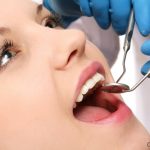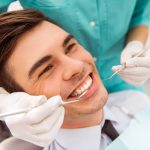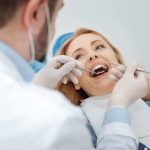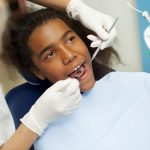Smoking After Wisdom Teeth Removal: When is it Safe to Light Up?
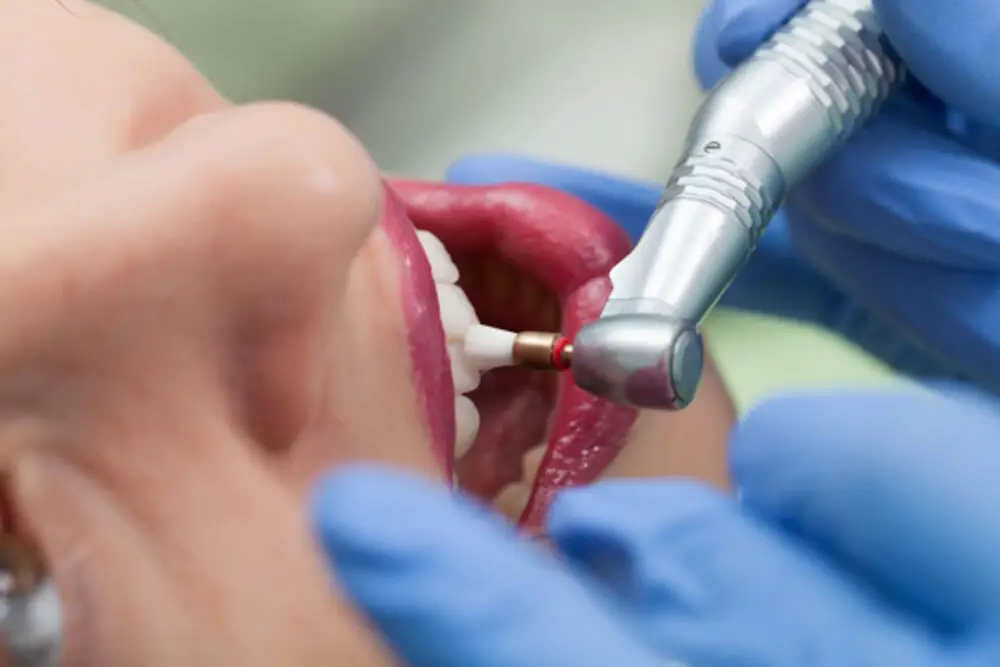
Wisdom teeth removal is a common procedure that many people undergo to prevent dental problems. However, after the surgery, patients are advised to be cautious with their daily routine, especially when it comes to smoking. Smoking after wisdom teeth removal can cause severe complications, including dry socket, infection, and delayed healing. Therefore, it’s crucial to understand when it’s safe to light up after the surgery and what precautions you should take to avoid any complications. Smoking is a habit that can be difficult to break, even after dental surgery. However, it’s crucial to follow your dentist’s advice and avoid smoking for as long as possible after wisdom teeth removal. Smoking can delay the healing process and increase your risk of complications. Therefore, it’s essential to understand the risks associated with smoking after wisdom teeth removal and how to minimize those risks. In this article, we’ll explore the dangers of smoking after wisdom teeth removal and provide you with some tips to help you quit smoking for good.
Wisdom teeth removal is a surgical procedure that involves the extraction of one or more third molars located at the back of the mouth. The procedure is often performed under local or general anesthesia and requires a certain level of aftercare to ensure proper healing. Common postoperative instructions include avoiding smoking or using tobacco products, as they can delay the healing process and increase the risk of infection. Patients are also advised to avoid drinking through a straw, eating hard or crunchy foods, and rinsing their mouth vigorously to prevent dislodging the blood clot that forms at the site of the extraction. Proper rest, pain management, and maintaining good oral hygiene are also important aspects of the recovery period.
Following postoperative instructions is crucial to avoid complications after any surgical procedure, including wisdom teeth removal. These instructions are provided by the dentist or oral surgeon to ensure proper healing and reduce the risk of infection. Patients who smoke after wisdom teeth removal are more likely to experience complications such as dry socket, delayed healing, and infection. Smoking can also increase pain and swelling, which can prolong recovery time. It is important for patients to understand the importance of following postoperative instructions to ensure a smooth and successful recovery process. This includes avoiding smoking and any other activities that may hinder the healing process.
Why Smoking after Wisdom Teeth Removal is Dangerous
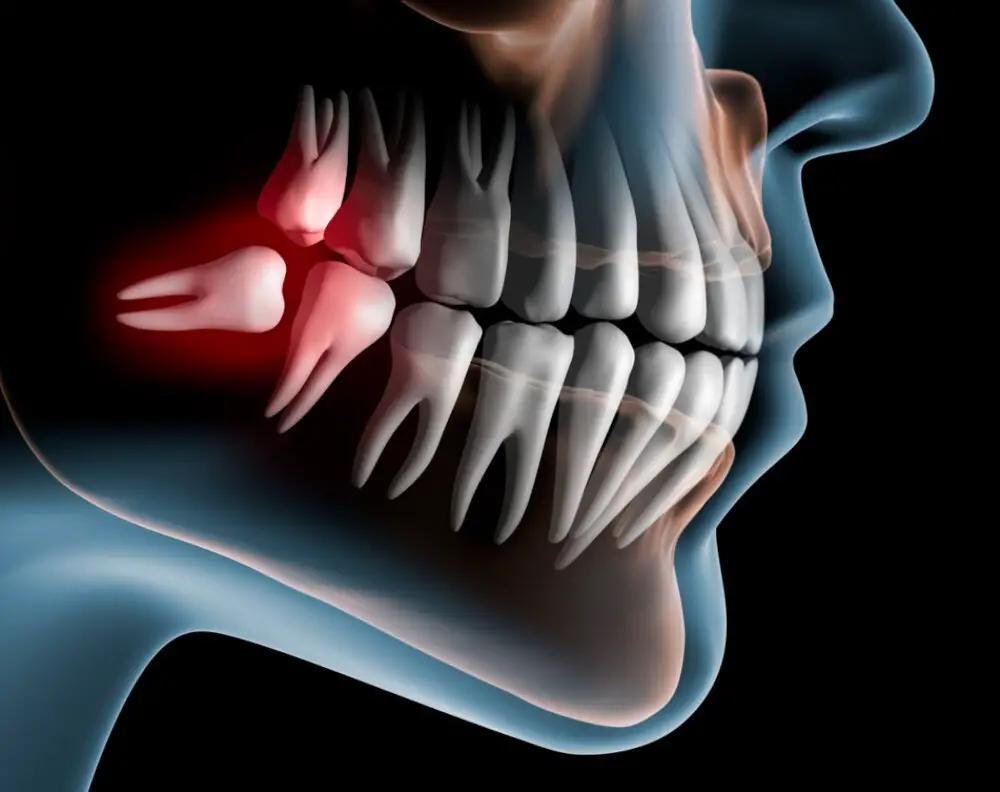
Smoking after wisdom teeth removal is a dangerous practice that can lead to numerous complications. When a person undergoes wisdom teeth extraction, the wound needs time to heal and form a clot. Smoking can cause the blood vessels to constrict, reducing the blood flow to the surgical site and increasing the risk of dry socket. Dry socket is a painful condition that occurs when the blood clot is dislodged or dissolves before the wound has fully healed. Smoking can also delay the healing process, making the recovery time longer and more uncomfortable. Furthermore, smoking can also increase the risk of infection. The chemicals in cigarettes can impair the immune system, making it harder for the body to fight off bacteria and viruses. Infection can lead to more serious complications, such as abscesses or even sepsis. It is essential to follow the dentist’s instructions and avoid smoking for at least 72 hours after wisdom teeth extraction. If you are a smoker, it is best to quit smoking altogether, as smoking can have long-term effects on your oral health and overall health.
Smoking is known to have numerous adverse effects on the human body, and it can significantly impede the healing process after a surgical procedure, such as wisdom teeth removal. Smoking can cause vasoconstriction, which reduces blood flow to the surgical site and impairs the delivery of necessary nutrients and oxygen required for healing. In addition, smoking increases the risk of infection, as it weakens the immune system’s ability to fight off harmful bacteria. Moreover, smoking can delay the formation of blood clots, leading to prolonged bleeding and the formation of dry sockets, a painful condition that occurs when the blood clot is dislodged too early. Therefore, it is highly recommended that patients avoid smoking for at least 72 hours after wisdom teeth extraction to ensure a smooth and successful healing process.
Smoking after wisdom teeth removal can lead to a number of complications, including dry socket. This is because smoking can interfere with the healing process, which is critical after any surgical procedure. Specifically, the nicotine in cigarettes can constrict blood vessels, reducing blood flow to the affected area and slowing down the body’s natural healing response. In addition, the heat from cigarette smoke can irritate the surgical site and increase the risk of infection. For these reasons, dentists and oral surgeons typically recommend that patients avoid smoking for at least a few days after wisdom teeth removal to minimize the risk of complications.
According to a study published in the Journal of Oral and Maxillofacial Surgery, smoking after wisdom teeth removal can delay the healing process, increase the risk of infection, and cause dry socket, a painful condition that occurs when the blood clot that forms after extraction is dislodged. The study found that smokers were more than twice as likely to experience dry socket than non-smokers. Additionally, a review of several studies conducted by the American Dental Association concluded that the risk of complications after oral surgery is significantly higher among smokers, and that smoking cessation before and after surgery can improve outcomes and reduce the need for additional procedures. Therefore, it is important for patients to avoid smoking for at least 72 hours after wisdom teeth removal to promote proper healing and minimize the risk of complications.
When Can I Start Smoking After Wisdom Teeth Removal?
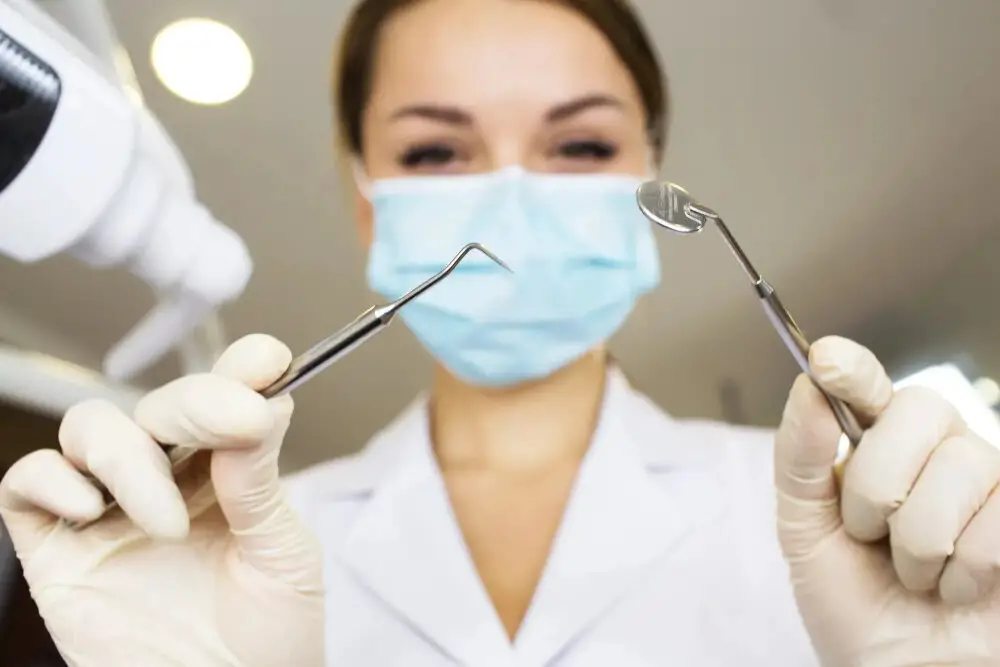
After undergoing wisdom teeth removal, it is crucial to take proper care of your oral health to avoid any complications. One of the essential aspects of recovery is to avoid smoking for an extended period. Smoking can cause dry sockets, which are one of the most common complications after wisdom teeth removal. Dry sockets occur when the blood clot that forms in the socket after the removal of the tooth gets dislodged, exposing the underlying bone and nerves. Smoking can interfere with the healing process and increase the risk of infection, leading to dry sockets. Therefore, it is recommended to refrain from smoking for at least 72 hours after wisdom teeth extraction to allow the blood clot to form and promote healing. It is advisable to avoid smoking altogether during the healing process to prevent any complications. However, if you cannot resist smoking, you must wait for at least 72 hours after the extraction before lighting up. After that, you can start smoking, but it is essential to avoid smoking excessively or inhaling deeply as it can dislodge the blood clot and cause dry sockets. It is also necessary to maintain proper oral hygiene by rinsing your mouth with saltwater after smoking to prevent any infection. Moreover, it is crucial to follow the dentist’s instructions and attend follow-up appointments to ensure a smooth recovery.
Several factors determine when it is safe to smoke after surgery, such as the type of surgery, the healing process, and the individual’s overall health condition. Smoking can cause adverse effects on the body’s ability to heal, leading to complications such as infections, delayed healing, and dry sockets. It is crucial to wait at least 24 hours after surgery before smoking, as the first day is crucial in the healing process. However, some surgeries may require a more extended recovery period, and it is best to consult with a healthcare provider to determine the appropriate time to resume smoking. Additionally, it is essential to follow proper aftercare instructions, such as avoiding tobacco products and maintaining good oral hygiene, to ensure a successful recovery.
It is crucial to consult with your dentist or oral surgeon for personalized advice on smoking after wisdom teeth removal. This is because every individual’s healing process and recovery time differ, and the extent of surgical intervention required may also vary. Smoking can significantly delay the healing process and increase the risk of complications such as dry socket, bleeding, and infection. Consulting with a professional will help you understand the risks and consequences of smoking after wisdom teeth removal and enable them to recommend a personalized recovery plan. It is essential to follow their advice to ensure a smooth and speedy recovery, allowing you to return to your normal routine as soon as possible.
After wisdom teeth removal, patients are advised to avoid smoking for at least 72 hours to reduce the risk of complications. The first 24-48 hours are critical as the blood clot that forms on the extraction site is still fragile and can easily be dislodged by the suction of smoking. This can result in a painful condition called dry socket. After the first 72 hours, it is still recommended to avoid smoking for as long as possible to promote healing and reduce the risk of infection. It is important to follow the post-operative instructions provided by your oral surgeon or dentist to ensure a smooth and successful recovery.
Alternatives to Smoking
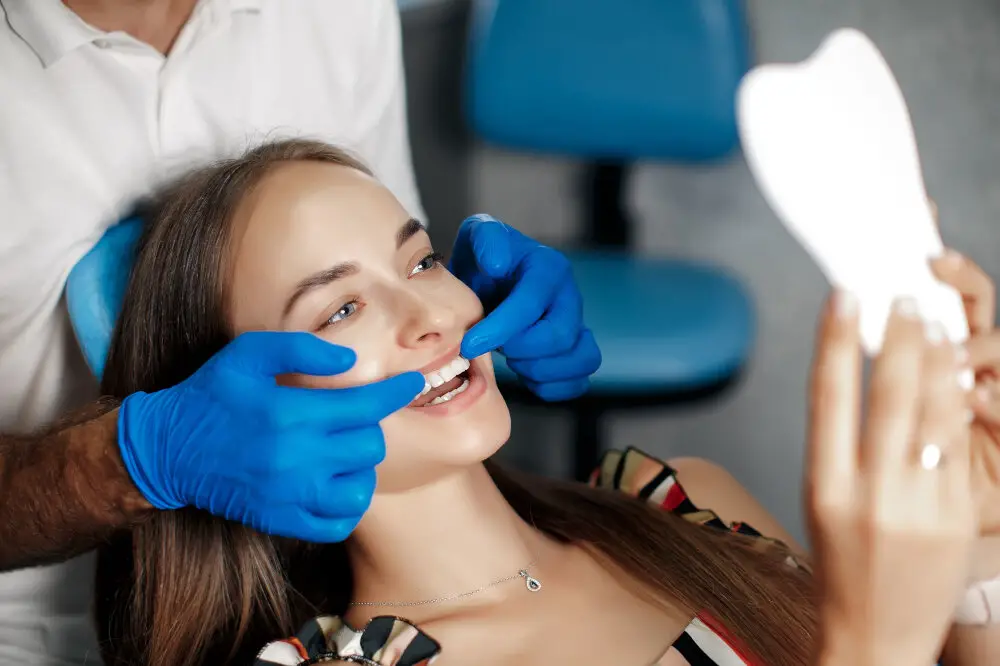
Smoking is a hazardous habit that can lead to many health problems, including lung cancer, heart disease, and respiratory issues. If you’re a smoker, quitting can be a challenge, but there are many alternatives that can help you kick the habit. Nicotine gum, patches, and lozenges are all effective ways to wean yourself off cigarettes. These products deliver nicotine to your system without the harmful effects of smoking. They can help reduce your cravings and make quitting easier. Another alternative to smoking is vaping. Vaping is a popular option for smokers who are looking for a less harmful way to consume nicotine. Vaping works by heating a liquid that contains nicotine and other chemicals to create a vapor that is inhaled. While vaping is still relatively new, studies have shown that it is less harmful than smoking cigarettes. However, it’s important to note that vaping is not completely safe and can still have negative health effects. If you’re considering vaping, it’s essential to do your research and speak to your doctor to determine if it’s a suitable option for you.
Smoking after wisdom teeth removal can significantly delay the healing process and increase the risk of complications. Patients who smoke should consider alternative activities to manage their cravings during the recovery period. Chewing sugar-free gum, sucking on hard candy, or snacking on healthy foods such as carrots or celery can help distract the mind from the urge to smoke. Additionally, engaging in relaxing activities such as meditation or yoga can help reduce stress levels and alleviate the desire to smoke. It’s essential to remember that smoking can cause severe oral health problems, including gum disease and tooth decay, so it’s best to quit altogether for a healthier future.
After having wisdom teeth removed, smoking can significantly delay the healing process and increase the risk of postoperative complications. However, for those who are struggling to quit smoking, there are alternatives available such as nicotine patches or gum. These alternatives can help manage cravings and reduce the urge to smoke, without interfering with the healing process of the extraction site. It is important to consult with a healthcare professional before using these products, as they can have side effects and may not be suitable for everyone. Nonetheless, using nicotine patches or gum can be a helpful step towards quitting smoking and promoting a speedy recovery after wisdom teeth removal.
Quitting smoking altogether can bring a wide range of benefits to your health and well-being. Firstly, it can significantly reduce the risk of developing various diseases, including cancer, heart disease, and respiratory problems. It can also improve your lung function, allowing you to breathe more easily and effectively. Additionally, quitting smoking can lead to improved physical fitness and energy levels, as well as better skin condition and oral health. Furthermore, by quitting smoking, you can save a substantial amount of money and avoid the social stigma associated with smoking. Overall, quitting smoking is a challenging but worthwhile endeavor that can have a significant positive impact on various aspects of your life.
Tips for Avoiding Complications
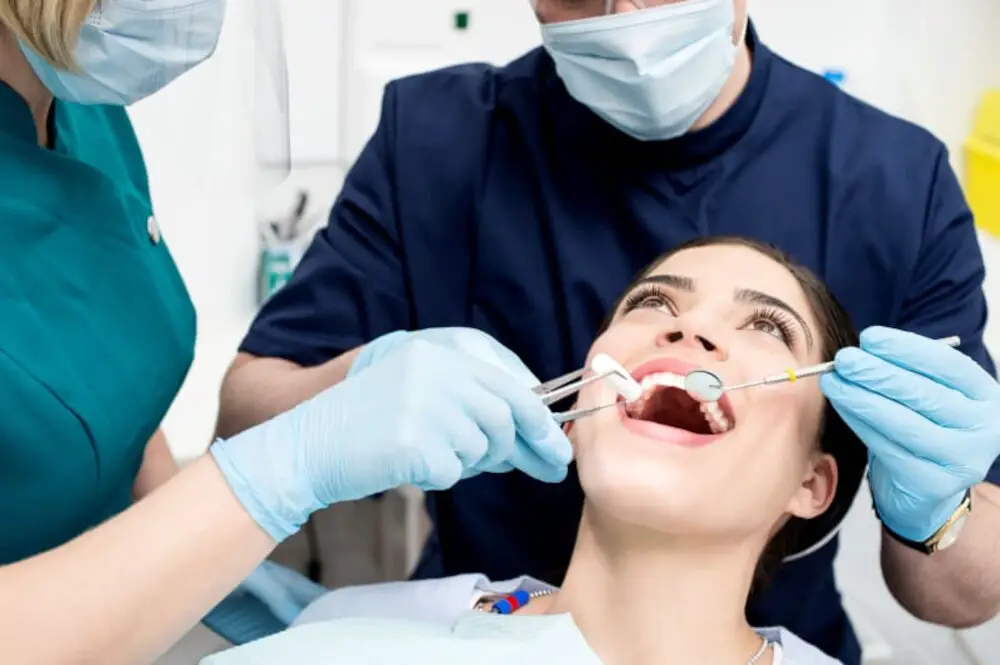
After wisdom teeth removal, the healing process is delicate, and smoking can lead to complications that delay recovery. The best way to prevent these complications is to avoid smoking for as long as possible. While nicotine is known to constrict blood vessels, reducing blood flow to the affected area and slowing down the healing process, smoke can irritate the wound, causing pain, swelling, and infection. Therefore, smokers should be patient and wait until the wound has healed completely before lighting up. If you are a smoker and cannot resist the urge to smoke, there are several tips to help you avoid complications after wisdom teeth removal. Firstly, you can switch to a nicotine patch or gum instead of smoking. These alternatives will still deliver nicotine to your body without the harmful effects of smoke. Secondly, you can use a straw to smoke, which will prevent the smoke from coming into contact with the wound. However, this method is not recommended as it can still lead to complications. Lastly, you can use this opportunity to quit smoking altogether. Consult with your doctor or a smoking cessation specialist to help you quit smoking for good. Not only will this help you avoid complications after wisdom teeth removal, but it will also improve your overall health and wellbeing.
After wisdom teeth removal, the healing process can be a daunting experience, especially if complications such as infection, dry socket, or excessive bleeding occur. To avoid these complications, it is essential to follow the dentist’s instructions on postoperative care, such as avoiding smoking, drinking through a straw, and eating hard or crunchy foods. A healthy diet and adequate hydration can also aid in the healing process. Additionally, maintaining good oral hygiene, including gentle brushing and rinsing with saltwater, can prevent infection and promote healing. Lastly, avoiding strenuous activities and getting plenty of rest can help your body recover more quickly. By following these practical tips, you can ensure a smooth and uneventful healing process after wisdom teeth removal.
After wisdom teeth removal, smoking is not recommended as the act of smoking can lead to complications such as dry socket, delayed healing, and infection. However, if one must smoke, it is advised to wait at least 48 hours after the surgery. During this period, it is important to avoid hot drinks, as they can irritate the wound, and use a saltwater rinse to keep the area clean. Additionally, avoiding straws is essential as the sucking motion can dislodge the blood clot and lead to dry socket. It is crucial to follow these suggestions to prevent any complications and promote a speedy recovery after wisdom teeth removal.
Smoking after wisdom teeth removal can be extremely dangerous and can lead to a variety of complications. Even though smoking can have an adverse effect on the healing process of the wound, some people still choose to smoke after the surgery. Smoking can cause dry sockets, which is an extremely painful condition that occurs when the blood clot that forms in the socket is dislodged or dissolved, exposing the underlying bone and nerves. It can also lead to inflammation, infection and delayed recovery. Patients should wait at least 72 hours before smoking after wisdom teeth removal to minimize these risks. It’s essential to follow the dentist’s instructions and avoid smoking for as long as possible to ensure a smooth and quick recovery.
Following postoperative instructions after a surgical procedure is crucial for a smooth recovery. Not adhering to these instructions can delay healing, cause complications, and even lead to additional surgeries. Smoking after wisdom teeth removal, for example, is strongly discouraged due to the negative effects it can have on the healing process. Smoke can irritate the wound, promoting inflammation and delaying clotting. Additionally, smoking can increase the risk of infection and dry socket, a painful condition where the blood clot in the socket is dislodged. Therefore, it is essential to follow the postoperative instructions provided by your surgeon to ensure a successful and comfortable recovery.
Smoking is a habit that can have a detrimental effect on your body, especially during the healing process after wisdom teeth removal. It can increase the risk of complications, including infection, dry socket, and delayed healing. Therefore, it is highly recommended to quit smoking or avoid smoking during the recovery period to ensure a smooth and successful healing process. Not only will it reduce the risk of complications, but it can also improve your overall health and well-being in the long run. So, if you’re a smoker, take this opportunity to quit or at least avoid smoking during this crucial time. Your body will thank you for it.
Conclusion

In conclusion, smoking after wisdom teeth removal is never a good idea. The risks of complications and delayed healing are far too great to ignore. While it may be tempting to light up, it’s essential to remember that the health and well-being of your mouth should always come first. Instead of risking your recovery, try finding alternative ways to cope with nicotine cravings, such as nicotine gum or patches. By taking the proper precautions and following your dentist’s instructions, you can ensure a smooth and successful recovery from your wisdom teeth removal procedure. Remember, the choice to smoke is ultimately yours, but the consequences may not be worth it.
